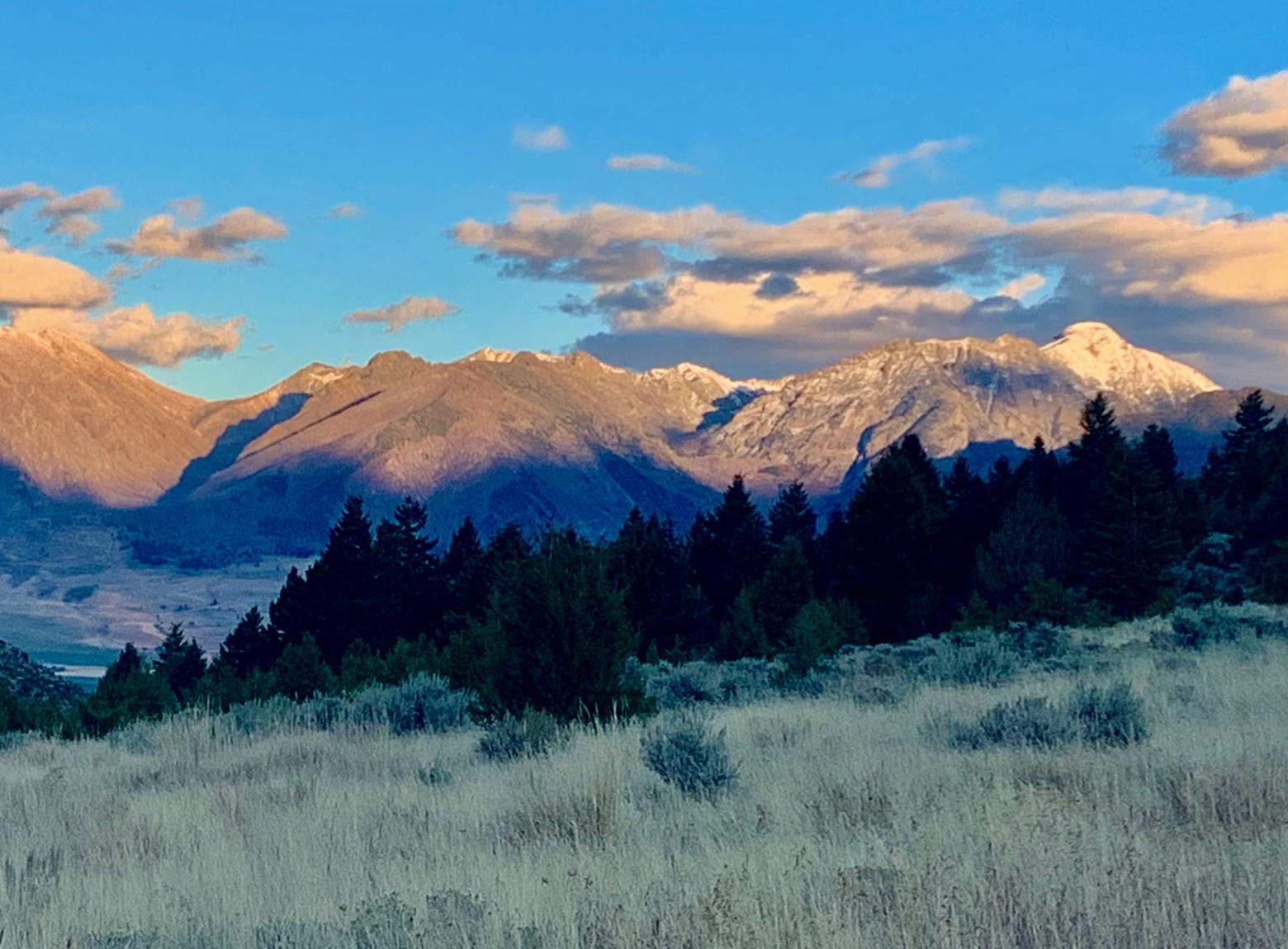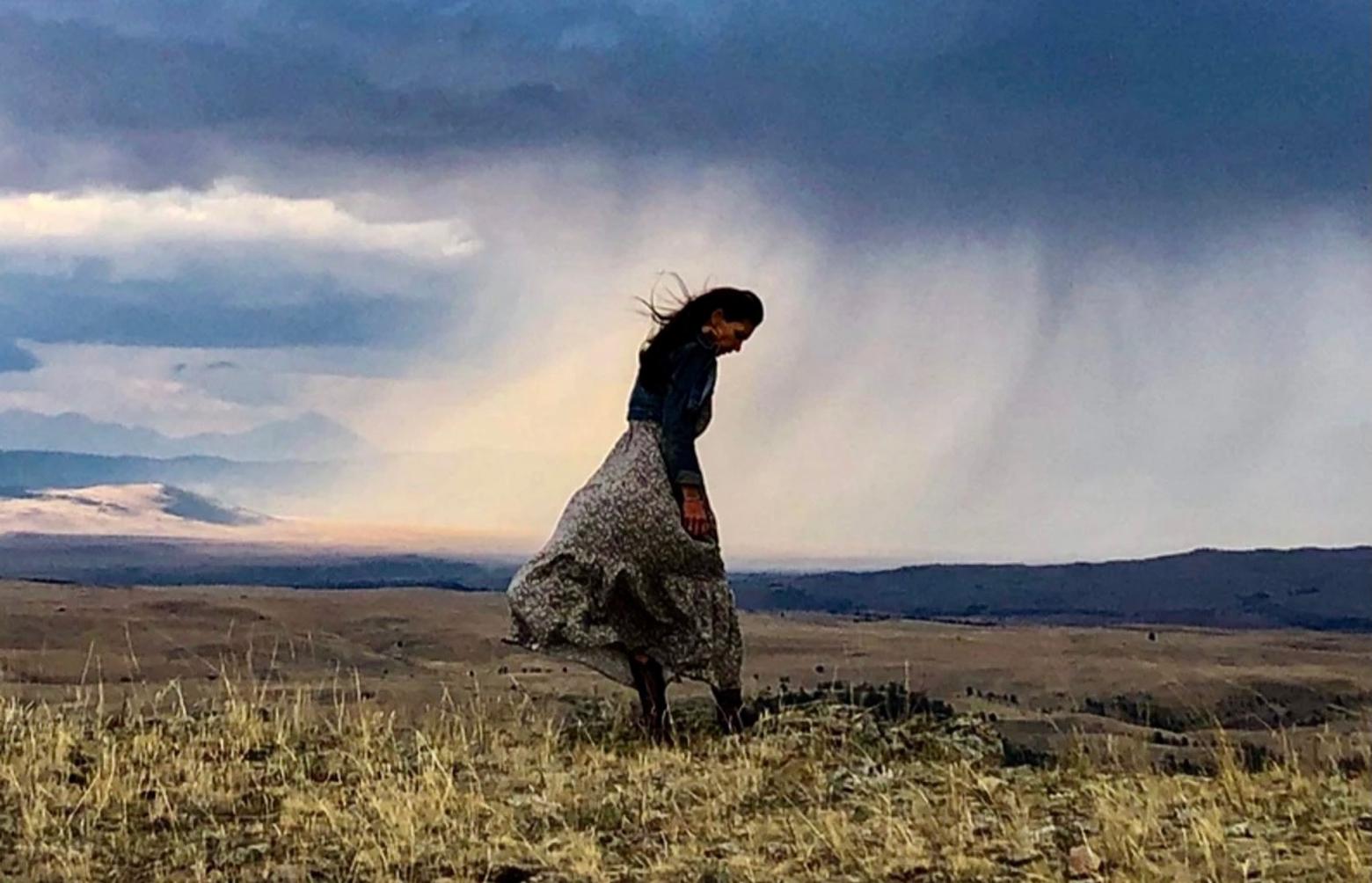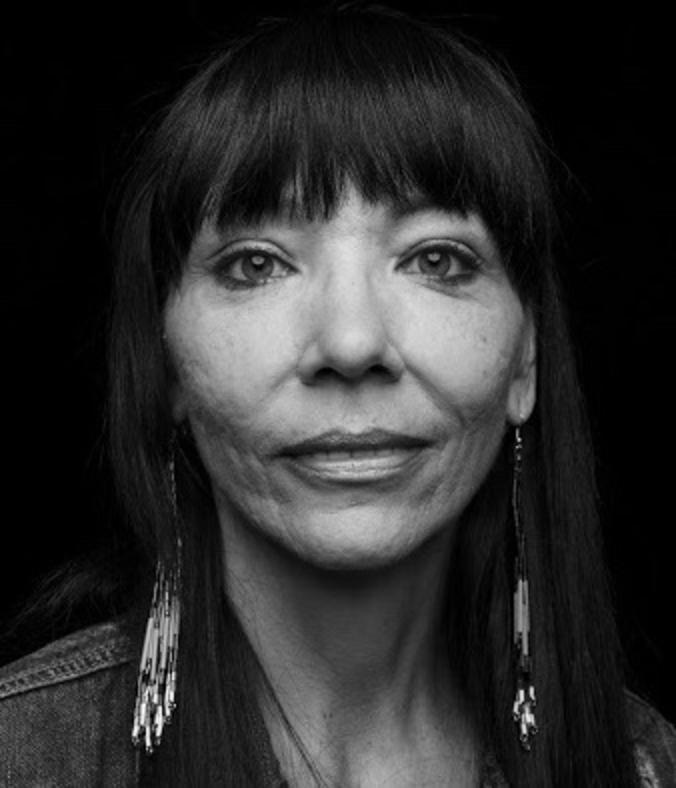Back to StoriesElk River Writers Workshop Brings Stellar Guest Faculty To Paradise Valley
What do you get when you assemble a poet, a couple of Peacocks, a Bass, a Hogan, a Root and others at Chico Hot Springs in Paradise Valley, Montana? Answer: the triumphant return of Elk River Writers Workshop following the extended interruption of Covid-19.
NOTE: Make sure you never miss a MoJo story by signing up for our free weekly newsletter. Click here: https://bit.ly/3cYVBtK
March 29, 2021
Elk River Writers Workshop Brings Stellar Guest Faculty To Paradise ValleyThe 2021 conference, set for Chico Hot Springs, will explore not only the craft of writing but contemporary issues. An interview with the Elk River Writers Workshop Director CMarie Fuhrman
What do you get when you assemble a poet, a couple of Peacocks, a Bass, a Hogan, a Root and others at Chico Hot Springs in Paradise Valley, Montana? Answer: the triumphant return of Elk River Writers Workshop following the extended interruption of Covid-19.
With excitement building, CMarie Fuhrman, director of the writing confab, says the limited slots are rapidly filling up for summer 2021 fueled by an all-star cast of literary figures from the Northern Rockies and beyond. With regard to the lead paragraph above, some of the names include Doug and Andrea Peacock, Rick Bass, Linda Hogan, J. Drew Lanham, William Pitt Root, and Pamela Uschuk, among others. There's also a strong line-up of featured guests. (Note: Andrea Peacock and poet Marc Beaudin are co-owners of Elk River Books in Livingston and founding board members of Elk River Arts & Lectures which hosts the workshop).
Among some of the added benefits of the workshop are outings that include an ecology hike with noted grizzly bear guru and writer Doug Peacock and the retired mountain forest scientist Jesse Logan, morning grounding meditations with CMarie, a Yellowstone River float trip, and a conversation about climate change with Peacock, Montana writer Gary Ferguson and Dr. Cathy Whitlock, a leading researcher who has headed the Institute on the Environment at Montana State University and is a member of the National Academies of Sciences.
Mountain Journal caught up with Fuhrman, who has several publishing projects to her credit, including a critically-acclaimed collection of indigenous poets.
Fuhrman is author of Camped Beneath the Dam: Poems (Floodgate 2020) and co-editor of Native Voices (Tupelo 2019). She has published poetry and nonfiction in multiple journals including Emergence Magazine, Yellow Medicine Review, Cutthroat a Journal of the Arts, Whitefish Review, Broadsided Press, Taos International Journal of Poetry and Art, as well as several anthologies. She is also a regular columnist for the Inlander, the Translations Editor for Broadsided Press, and non-fiction editor for High Desert Journal, She resides in the mountains of west-central Idaho.
Readers who would like more on the 2021 Elk River Writers Workshop, click here.
MOUNTAIN JOURNAL: For those who have never attended a writer's workshop/retreat, what happens there and why is it helpful?
CMARIE FUHRMAN: Attending Elk River Writers Workshop is a chance to escape from the rigor and routine and step into a world where your only concern is writing. Chico is a perfect place for this to happen, as it is its own world, in a way. Disconnected, yes, but also connected in a more profound sense, to the environment, to place. The Elk River Writers Workshop echoes this by giving like-minded people a place to gather around writing discussion, reading, and classes designed to encourage and improve their writing skills. Someone new to a writing retreat/workshop can expect to find like-minded individuals, build a network, have one on one time with their instructors, and the chance to get feedback and discuss their work with both professional and emerging writers. They can also expect to immerse themselves in all that Chico offers as well--from incredible scenery, enticing hot springs, and fantastic accommodations—even the chance to sleep in a sheepherders wagon.
MOJO: Tell us about some of the bright lights who will be teaching and giving talks.
FUHRMAN: This summer's Elk River Writers Workshop is gathering some of the most generous and known writers working in the field of environmental writing, climate writing, and writing as activism. Nonfiction and fiction students can take an environmental master class with Chickasaw writer/poet Linda Hogan. They can explore identity as the conduit for understanding perceptions of nature in J Drew Lanham's memoir-oriented workshop. Pamela Uschuk will guide poets through a writing-intensive that will concentrate on eco-poetry inspired by the landscape and cultures. At the same time, William Pitt Root will show how "memorable" poems can be upgraded to unforgettable, even as "OK" evolves into KO. Rick Bass will teach fiction writers who seek to improve their craft through a hands-on critical boot camp.
MOJO: You’ll be offering side excursions to attendees can get outside. What else?
FUHRMAN: In the afternoon, students can attend craft talks, take an ecology hike, float the Yellowstone, enjoy an archaeology tour, or spend time writing. Evenings will offer a keynote by Jim Enote, panels, discussions, campfire readings, and a final gala with faculty readings and music by Montana Rose! The week is packed with options and also open to the quiet and inspiration that Paradise Valley offers. How much and what the student wishes to do outside regular workshop time is entirely up to them.
MOJO; You've won a few prizes for your poetry. Tell me a little about your recent volume Camped Beneath The Dam: Poems. Is it a collection that holds together around a general theme or how else might you describe it?
FUHRMAN: For me, the most important poems in the collection are the poems in a personal working collection that I called "The Problem of My Body." Those poems are concerned with what has happened and what is happening to the bodies of Native women. They take a look at eugenics and the forced sterilization of Native women in the 60s until the late 70s. And the atrocities that are still being committed against Native women who live near man camps and who suffer domestic abuse and murder, particularly relating to #MMIWG (Missing and Murdered Indigenous Women and Girls). I think using poetry to expose covered history is a way to reach people that other documents may not. It was also a chance to honor my ancestors and to try to make a difference with art.
MOJO: Indeed, you've been busy. Together with Dean Rader, you are co-editor of the powerhouse Native Voices: Indigenous American Poetry, Craft and Conversations which has been well received. How did you assemble this and could you riff a bit on why reviewers have called it groundbreaking?
FUHRMAN: Native Voices is one of the best projects I have ever put my time into. When Dean and I began conceptualizing the anthology, there were two things that were absolutely important to us. The first was to let poets honor their poetic ancestors. To talk about poems and writers that influenced them and their craft. We wanted the essays to be not only informative, but educational. A craft book and anthology. So often Indigenous poets are talked about through the context of their poems, not the craft. To that end, our second desire came to be.
MOJO: What was the goal of that volume? There are a lot of great indigenous poets, including, we should add, Lois Red Elk, who contributes work to Mountain Journal every month and our readers love it.
FUHRMAN: We wanted the introductions to talk about the poet's gifts, strengths, style, and voice. We wanted to show that these poets are equals to the poets that Americans usually think of when they go to poetry. These poets are masters and students of their craft. These two unique facets make the book one of a kind, and indeed groundbreaking. Tilling a path for those poets who are coming up, who can use this book as a talisman and teacher.
MOJO: Back to Elk River Writers Workshop. How did you become associated with it?
FUHRMAN: I came to know Elk River as a student. I attended the first gathering in 2016. While there, I became fast friends with Andrea and Doug Peacock. The friendship thrived and when the workshop was advertised again for 2017, I asked if I could somehow help become part of the team. Though Andrea agreed, it would be two more years until we planned another workshop, and now three before we had the ability to try again. When the former director took a job on the highline in Montana, Andrea asked if I would like to step in as director. I didn't hesitate to say yes.
MOJO: With the workshop being set in Montana what does that add?
FUHRMAN: Montana has a rich history of story that goes beyond white settlement, beyond Native occupancy, and deep into the land itself. The Indigenous people understood that this geographic area, with its animal, its unique geography at Yellowstone, and its prehistoric history made the place magical. By magic I am nodding to the muse and to the wide open space that sits like a page for the imagination to draw from. One cannot walk in Montana with picking up or leaning into story. I think that writers and artists and musicians have always felt that. It brings them here to visit, and sometimes, to live.
NOTE: Make sure you never miss a MoJo story by signing up for our free weekly newsletter. Click here: https://bit.ly/3cYVBtK




